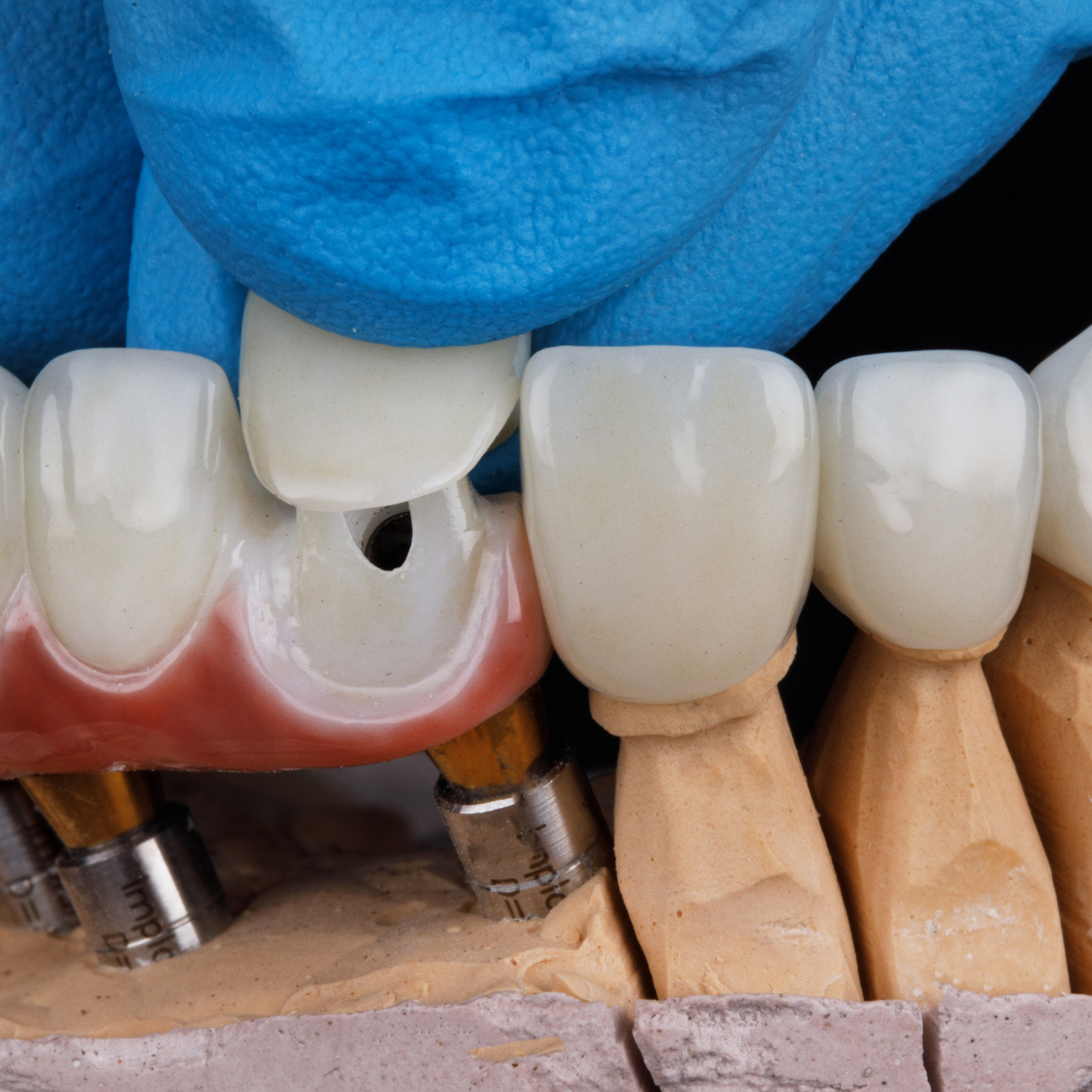
Does Crowning Teeth Hurt?
The thought of getting dental crowns can be intimidating for many patients, especially if they are concerned about experiencing pain during the procedure. At Tempe Family Dentistry, we understand the importance of addressing patient concerns and providing accurate information. In this article, we’ll explore the question: does crowning teeth hurt? We’ll provide expert insights to help alleviate any anxieties you may have about this common dental procedure.
Understanding Dental Crowns
Before discussing whether crowning teeth hurts, it’s essential to understand what dental crowns are and why they are needed. Dental crowns, also known as caps, are tooth-shaped prosthetic devices that are placed over damaged or weakened teeth to restore their strength, shape, and appearance. Crowns are often recommended for teeth that have undergone extensive decay, fractures, or root canal treatment.
The process of getting a dental crown typically involves multiple steps. First, the dentist will prepare the affected tooth by removing any decayed or damaged tissue and shaping it to accommodate the crown. An impression of the prepared tooth will then be taken and sent to a dental laboratory, where the custom crown will be fabricated. In the meantime, a temporary crown may be placed over the tooth to protect it.
Does Crowning Teeth Hurt?
Contrary to common misconception, the process of getting dental crowns is not typically painful. Like many dental procedures, crowning teeth is performed under local anesthesia to numb the affected area and ensure the patient’s comfort throughout the process. Most patients report feeling minimal to no discomfort during the crown preparation and placement stages.
During the crown preparation, you may feel some pressure or vibrations as the dentist shapes the tooth and removes any decayed or damaged tissue. However, any discomfort is usually mild and temporary. If you experience any pain or sensitivity during the procedure, be sure to communicate with your dentist so they can make adjustments to ensure your comfort.
Managing Discomfort After Getting Crowns
After the crown has been placed, it’s normal to experience some mild soreness or sensitivity around the treated tooth. This discomfort typically subsides within a few days and can be managed with over-the-counter pain medications such as ibuprofen or acetaminophen. Avoiding hot, cold, or hard foods and beverages can also help minimize any discomfort as your mouth heals.
If you experience persistent pain, swelling, or other symptoms after getting crowns, be sure to contact your dentist for further evaluation. These symptoms could indicate complications such as an ill-fitting crown or underlying dental issues that need to be addressed.
Conclusion
In conclusion, getting dental crowns is not typically a painful experience. With modern dental techniques and anesthesia, crowning teeth is generally comfortable and well-tolerated by patients. Ready to take care of your dental health? Shop our selection of dental accessories and schedule an appointment with Tempe Family Dentistry today at tempefamilydentistry.com. Your smile deserves the best care!
